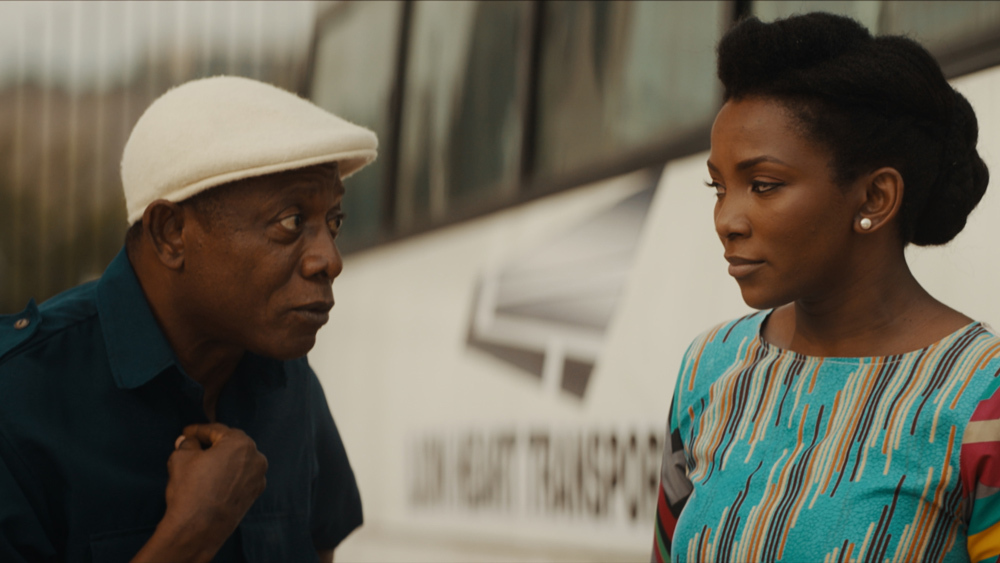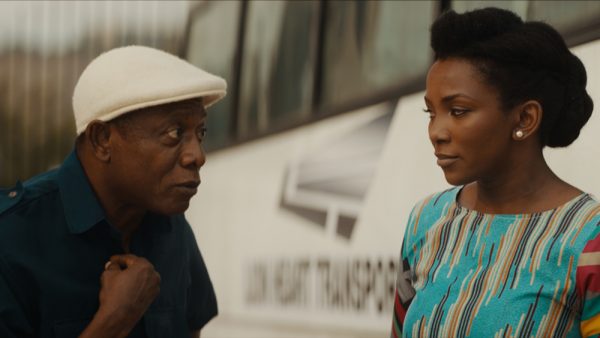In 2015, Nigeria became eligible to submit one film for consideration in the Academy Awards (also known as the Oscars). A Nigeria Oscar Selection Committee (NOSC) was set up and Nigerian films became eligible for consideration in the International Feature Film category.
Although we’ve been eligible for some time now, Nigeria submitted its first film for consideration this year. A lot of excitement came with the news. The NOSC selected Genevieve Nnaji’s 2018 film, Lionheart, to represent the country. Unfortunately, Nigeria may have to wait a while longer to run the Oscar race with other foreign countries.
Lionheart was scheduled to screen for international category voters today, the 6th of November, alongside a Honduran film titled Blood, Passion, and Coffee. After a recent viewing of the film, however, the Academy declared to voters that Lionheart was ineligible because the film is predominantly in English. Lionheart was therefore disqualified. The announcement was sent to the international category voters in an email.
Read more about Nollywood movies
Ava Duvernay, a popular American filmmaker and film distributor, brought the issue into the limelight when she reacted to the news on social media. With palpable displeasure, Duvernay tweeted:
“To @TheAcademy, You disqualified Nigeria’s first-ever submission for Best International Feature because its in English. But English is the official language of Nigeria. Are you barring this country from ever competing for an Oscar in its official language?” @ava
Genevieve was quick to thank Ava Duvernay for addressing the issue. Responding to Duvernay’s tweet, Genevieve tweeted: “Thank you so much Ava. I am the director of Lionheart. This movie represents the way we speak as Nigerians. This includes English which acts as a bridge between the 500+ languages spoken in our country; thereby making us #OneNigeria. It’s no different to how French connects communities in former French colonies. We did not choose who colonized us. As ever, this film and many like it, is proudly Nigerian.”
1/1 1/2 Thank you so much @ava❤️.
— Genevieve Nnaji MFR (@GenevieveNnaji1) November 4, 2019
I am the director of Lionheart. This movie represents the way we speak as Nigerians. This includes English which acts as a bridge between the 500+ languages spoken in our country; thereby making us #OneNigeria. @TheAcademy https://t.co/LMfWDDNV3e
2/2 It’s no different to how French connects communities in former French colonies. We did not choose who colonized us. As ever, this film and many like it, is proudly Nigerian. @TheAcademy https://t.co/LMfWDDNV3e
— Genevieve Nnaji MFR (@GenevieveNnaji1) November 4, 2019
Since then, Nigerians and media outlets have shared differing opinions on the subject. Many are as offended as Genevieve and Ava Duvernay, but several others question why and how Lionheart was selected to represent the country if it failed to meet key criteria.
Sign up to the Connect Nigeria daily newsletter
Lionheart appears guilty as charged. Even though some parts of the film are in Igbo, the characters speak mostly English. This is a clear violation of the rules attached to the International Feature Film category. The Academy states clearly that foreign films submitted for consideration in the International Feature Film category must be ‘predominantly’ non-English. Whether the film is ‘good enough’ to qualify for this category, and whether the restrictions are fair to countries like Nigeria where English is the predominant language, are different matters entirely.
The Nigeria Oscar Selection Committee admitted its error in approving the film in a press release on Monday. Chineze Anyaene, Chairman of the Committee, stated:
“Going forward, the committee intends to submit films which are predominantly foreign language – non-English recording dialogue. We are therefore urging filmmakers to shoot with the intention of non-English recording dialogue as a key qualifying parameter to represent the country in the most prestigious award.”
-Chineze Anyaene
Sources:
All Africa
Pulse NG
The Wrap
The Cable Lifestyle
Featured Image Source: Variety
Did you find this article useful? Contact us: [email protected]


